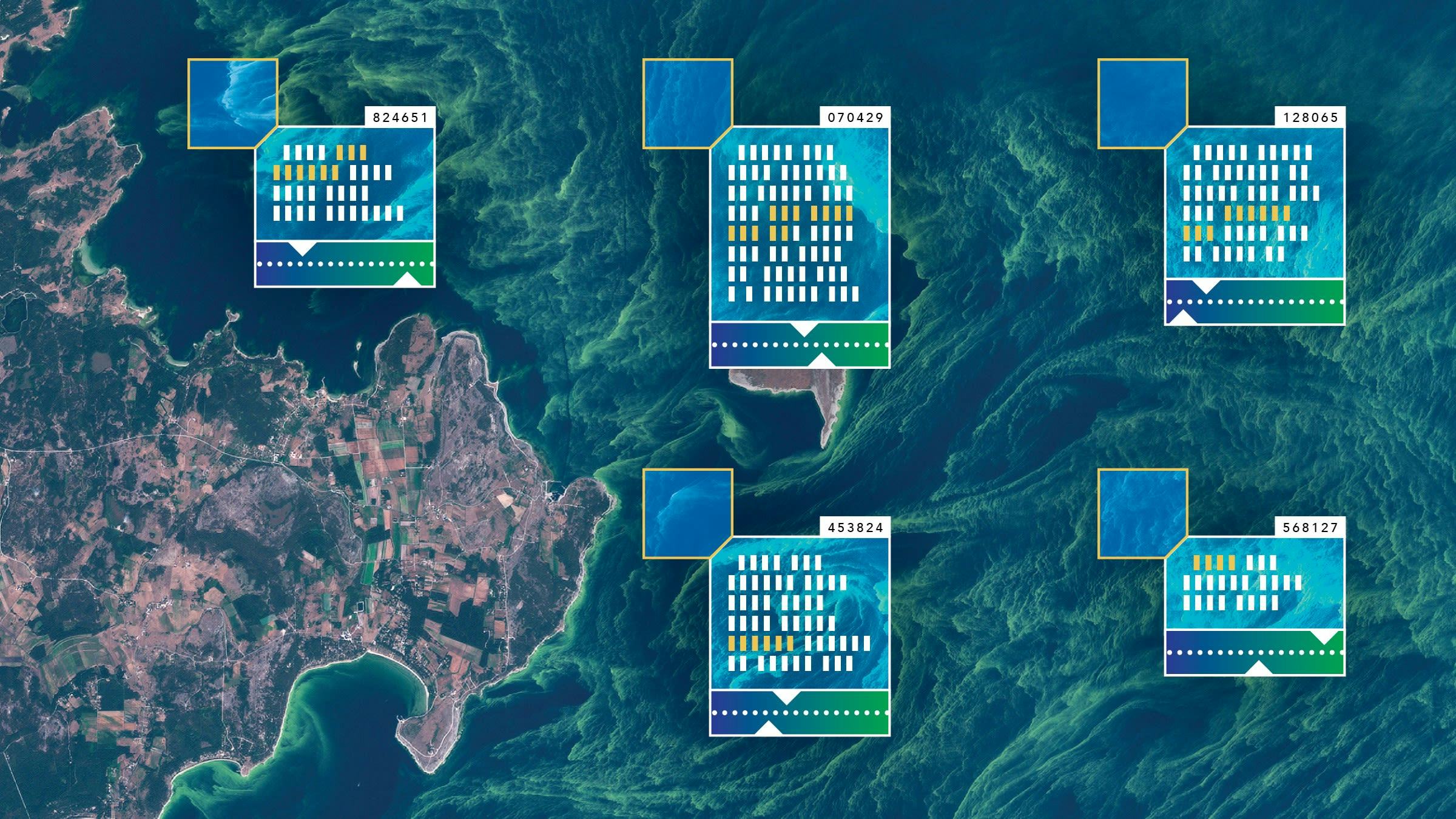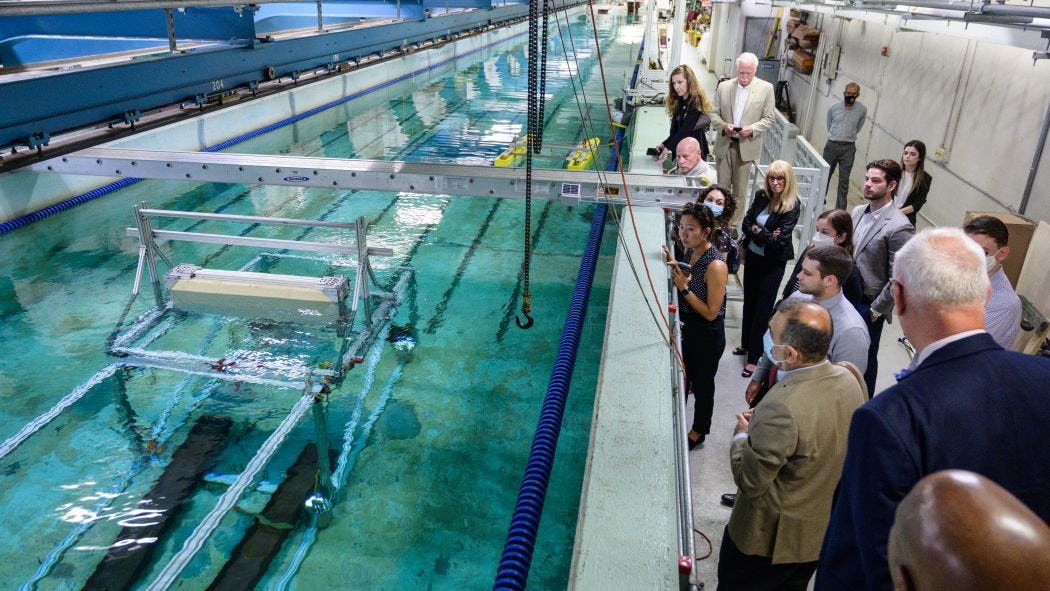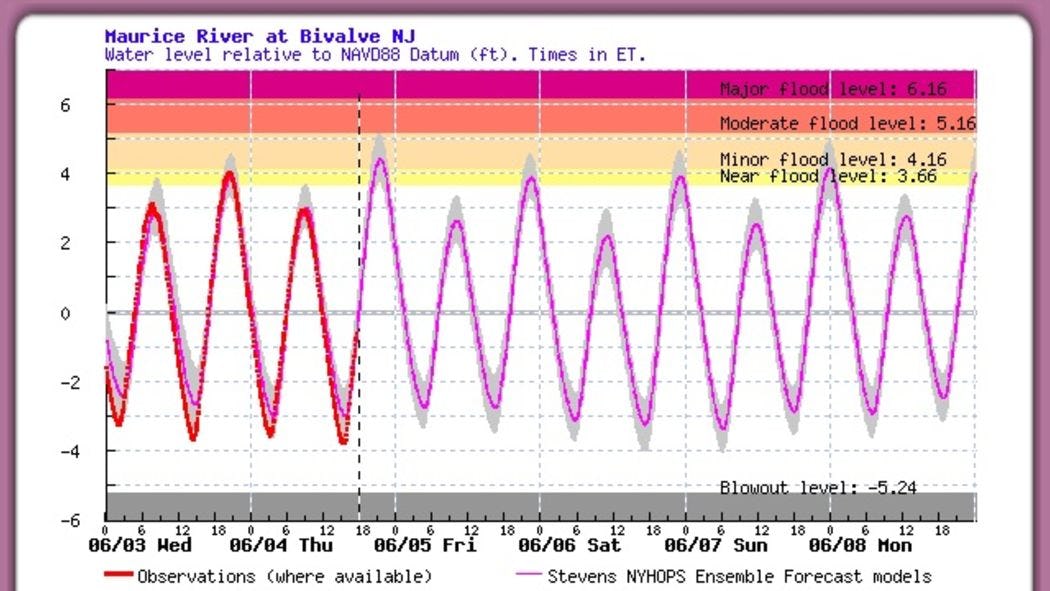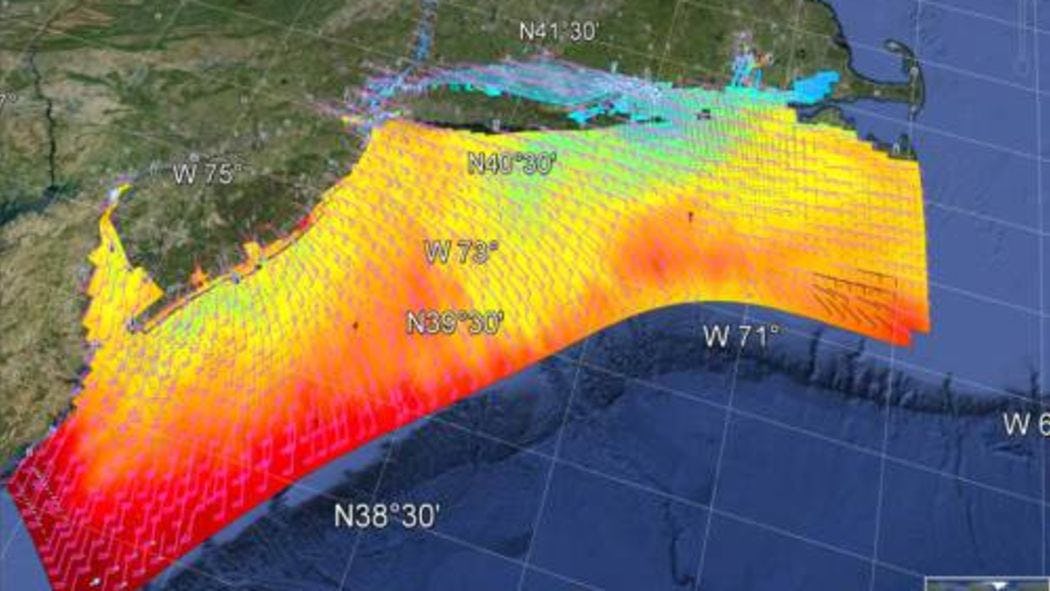
Discover Stevens: Urban and Coastal Resilience
FEATURED ARTICLE:

The Effects of Blackouts on Electrified American Homes
Philip Odonkor, Stevens assistant professor in the Department of Systems and Enterprises, has developed a new way to identify the homes most vulnerable to blackouts, using AI tools to investigate the impact of extreme weather, uncover their unique vulnerabilities and develop insights on how they handle harsh conditions.
RELATED RESEARCH CENTERS AND FACILITIES
At Stevens, we embrace technology as a central part of our research, academics, culture, and campus. Our tech-driven research enterprise is home to these cross-disciplinary centers and state-of-the-art facilities focused on research related to urban and coastal resilience.

Davidson Laboratory
Davidson Laboratory is Stevens Institute of Technology's renowned marine research laboratory that uniquely integrates the fields of naval architecture, coastal and ocean engineering, physical oceanography, marine hydrodynamics and maritime systems to create a trans-disciplinary enterprise that can address both the highly specialized issues confronting each discipline, as well as the more complex, integrated issues facing natural systems and human-made maritime activities.

Stevens Flood Advisory System
The Stevens Flood Advisory System provides both real-time water level and forecasted water levels for 150 locations ranging from Delaware Bay north to Maine. For each location for provide present real-time water levels for observing stations (run by NOS, USGS and the PANYNJ), and forecasts water level and flooding for the ensuing four and half days. The water level and flood forecasts utilize the NYHOPS hydrological model and incorporate meteorological forecasts from the GFS, NAM, CMC and European models. SFAS allows user registration for email notification of impending flood forecasts for user-selected stations.

New York Harbor Observing and Prediction System
The New York Harbor Observing and Prediction System provides maritime hydrological forecasts for an area centered on the New York Harbor ranging from the Delaware bay to Cape Cod. It provides bother meteorological and hydrological forecasts for 72, in support of commercial and recreational users, and includes forecasts for data such as water current speed and direction, surface temperature, and water levels.
Resilience and Sustainability Research at Stevens
Stevens develops sustainable solutions for the future of the planet, including new materials, smarter power grids, better batteries and renewable energy sources. Davidson Laboratory is a national leader in resilience research, helping communities plan, prepare and face challenges such as extreme weather and climate change with leading-edge prediction systems and engineered defenses.
RELATED PROGRAMS
The educational experience in all of our more than 150 graduate programs is designed to imbue graduates with the mindset, skills, and abilities needed to stay relevant in a rapidly-evolving technological and professional landscape. The following programs prepare graduates for fields that develop and apply the latest technologies in urban and coastal resilience engineering and flood forecasting.

Securing the Future of New Jersey's Coastline
Jon Miller, Stevens research associate professor in the Department of Civil, Environmental and Ocean Engineering, is leading a team providing critical expertise on climate protection plans for the state’s most vulnerable areas, thanks to a $1 million investment by the National Oceanic and Atmospheric Administration (NOAA) and the New Jersey Department of Environmental Protection (NJDEP).
STEVENS IS HIRING
Join a growing research community where scholars, leaders, students, and partners meet, join forces, share ideas, and pursue progress. The Charles V. Schaefer, Jr. School of Engineering and Science offers a complete STEM package: engineering and science under one roof means new, unique opportunities for interdisciplinary collaboration.
More Research Highlights
To build more resilient communities, Stevens researchers have developed one of the most advanced ensemble-based flood advisory systems in the nation to warn communities of impending flash flooding and storm surges.
